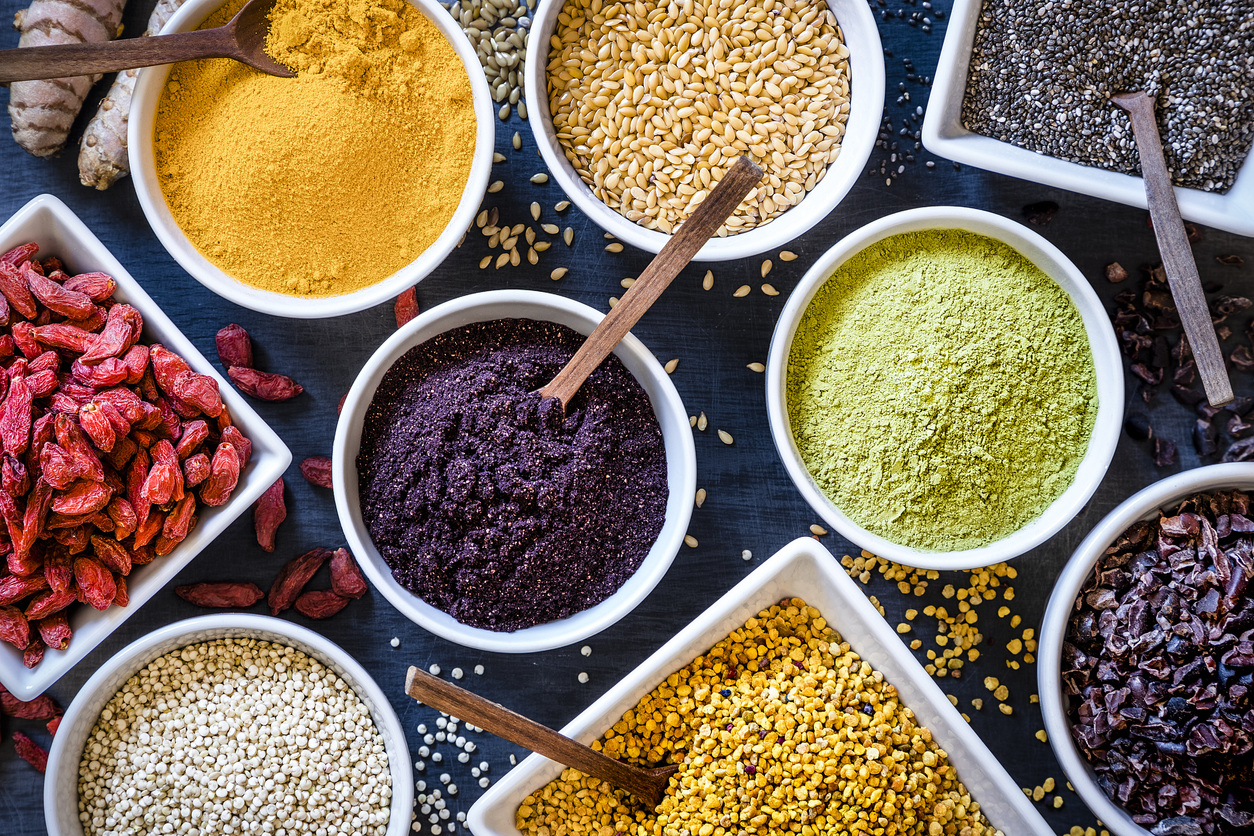Interview with Tamás Sarkadi – Sabater
22nd September 2023

Overview
“We actively offer products to our existing and potential customers that are traceable and carry a meaningful value proposition. The FSA helps us to tell our own story and present our value proposition and offers the credibility and transparency that is necessary to back that story up”

Sustainability has been an integral part of Sabater’s business model from the early stages of their century-long history, but it has become an increasingly important aspect of it over the last 7-8 years. The company, which specialises in natural ingredients is a SAI Platform Member and uses SAI Platform’s Farm Sustainability Assessment (FSA) in their sourcing processes. Tamás Sarkadi, Group Head of Sustainability talks to us about Sabater’s perspective on sustainability and how integrating it into their operations offers value to the businesses, their growers, and their buyers.
Sabater sources unique products from diverse regions, where do you see opportunities when it comes to sustainability in your sector?
Tamás Sarkadi: Most of our raw materials are grown in developing countries with complex environmental and social issues. Not addressing these in a timely and reassuring manner would jeopardise our sheer existence as a business. And to do this, we need to bring our farmers, suppliers, peers, and customers along with us, and tailor our value proposition to find out what resonates at the various stages of the value chain we are embedded in. Growers want to see short-term commercial incentives, whereas customers and consumers are focused on certification, verification, and storytelling. Coming up with the right mix and integrating sustainability into our strategy seamlessly is a major challenge, but we are figuring it out.
Sabater is a SAI Platform member and uses the FSA. Can you tell us why you are a member of SAI Platform?
Tamás Sarkadi: Sabater was already an active member of SSI (Spices Sustainability Initiative), an initiative that often works closely with SAI Platform. We decided to join SAI Platform because we see many opportunities in cross-sectoral knowledge sharing and more importantly, collaborations. Many of our spices and herbs are grown in rotation with other agricultural commodities. If we are to implement a landscape approach and optimise costs associated with sustainability initiatives, we need to coordinate our efforts better with other companies that operate in these areas.
How important is it for you to get farmers on board with Sabater’s sustainability ambitions?
Tamás Sarkadi: We cannot implement our sustainability initiatives without farmers, it is as simple as that. Even though many farmers resonate with the ‘concept’, commercial incentives are still required by them. Every change represents a certain risk for the farmer, and these need to be recognised, reduced and compensated for until the risk has passed. However, complexity and increased administrative tasks frustrate many farmers, this is an area that needs to be looked at and considered carefully while developing sustainability frameworks, verification, and certification programmes.
How does your FSA verification and your ongoing work on sustainable agricultural practice create commercial value for Sabater?
Tamás Sarkadi: I am convinced that we can only scale sustainability up if we address economic viability at the ‘design’ stage of our sustainability initiatives. We need to integrate it not only into our business and operating models, but also into our value propositions. How can our sustainably sourced ingredients be used by our customers to differentiate and market their products? If we are unable to answer this question, we are likely to fail. Once we can define the added value we bring to the table, conversations with customers become meaningful.
Sustainability goes hand in hand with traceability and transparency, which helps our industry to stay credible and address contamination and adulteration issues more effectively. We actively offer products to our existing and potential customers that are traceable and carry a meaningful value proposition.
The FSA helps us to tell our own story and present our value proposition and offers the credibility and transparency that is necessary to back that story up. We encourage our customers to take advantage of the claims they can also make with their own products, to tell their own sustainability story. We see an increasing demand and perceptiveness already, some doors we have been knocking on for years have finally opened, others have become wider.
What advice would you have for companies considering using the FSA?
Tamás Sarkadi: Economic viability is often overlooked in the pursuit of driving impact. Everyone needs to address this question at an early stage as this is key if we want to achieve scale and make a real difference. Sustainability needs to be affordable and create value for our investment. The FSA helps us to optimise our resources, a versatile and ‘pocket friendly’ option for everyone involved in the wider agricultural sector. Think about how you can use the FSA in your existing set-up to demonstrate your impact, and how it can help to direct your continuous improvement.